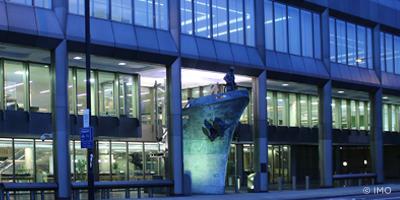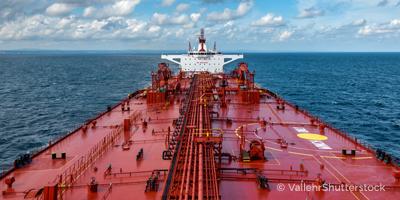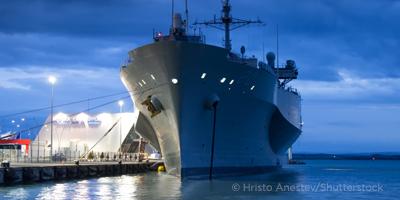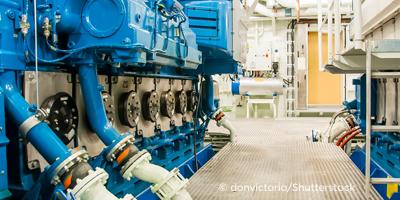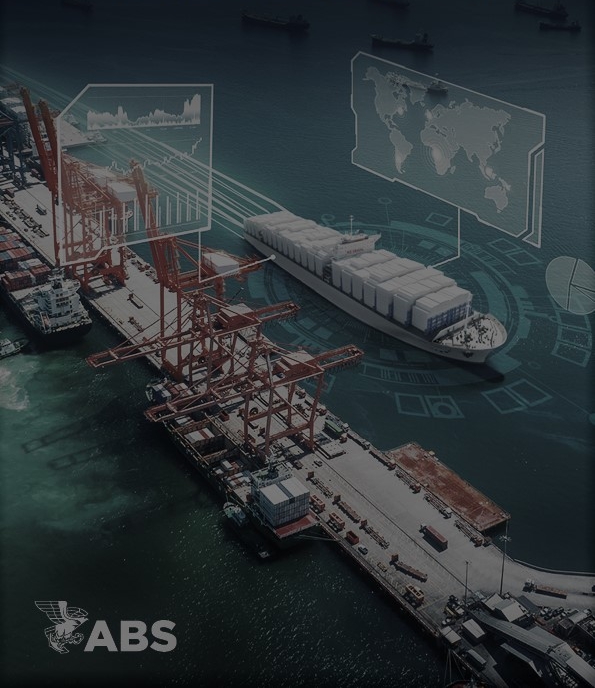(Houston) ABS, a leading provider of classification and technical services to the marine and offshore industries, held its annual Marine and Offshore Technical Committee Meetings in Houston in early May.
“Collaborating with significant and recognized industry leaders representing ship owners, yards, operators, equipment manufacturers and vendors helps guide our research and development focus,” said ABS Chief Technology Officer Howard Fireman. “Leading these technical conversations across all facets of the industry fosters open dialogue and new ideas to strengthen our Rule development, ensuring we provide the most comprehensive and relevant solutions to address current and future challenges.”
Fireman continued, “We are living in a new age of increased digitization and connectivity, data is shaping our focus and driving our decisions.” Fireman identified four key focus areas that will help industry deal with this new data-centric world: data collection, data security, data management and data analytics. Together, these areas make up ABS FutureClass™ - ABS’ approach to leveraging real-time data to improve decisions and increase operational efficiencies.
The meetings included updates on ABS Rules and Guides that impact marine and offshore structures, materials and welding procedures, machinery, gas applications and surveys after construction. Discussions also addressed cyber security and how ABS is tackling cyber challenges through the ABS CyberSafety® program – a modular and measurable process that can evolve as threats and technologies emerge.
An important subject on the Marine Technical Committee agenda was the demands imposed by the impending 2020 sulfur cap and how ABS can help owners and operators achieve compliance through guidance that helps in selecting the technology solution that best meets individual fleet profiles.
During the Offshore Technical Committee meeting, publication of the ABS Guide for Dropped Object Prevention for Offshore Units and Installations was discussed. The Guide, which was developed in response to an industry need brought forward at a previous Technical Committee meeting, addresses the source of one of industry’s biggest safety risks. The new Guide will help companies develop effective dropped object prevention programs, reducing dropped object incidents by identifying potential problems, mitigating risks, providing employee training and using lessons learned for continued improvement
“ABS is steadfast in its commitment to helping create an even safer future and is making investments in people, information systems and technology that will redefine how we operate and perform,” said Fireman, explaining that the next generation of surveyors and engineers will need deeper, broader and wider technical skillsets and a holistic understanding of how systems are integrated and data-driven.
“ABS understands that technology is rapidly evolving – coming from the marine industry and other sectors – and we are constantly innovating and qualifying new technologies, integrating them into our Rules and Guidance,” he said.
About ABS
Founded in 1862, ABS is a leading international classification organization devoted to promoting the security of life and property and preserving the natural environment through the development and verification of standards for the design, construction and operational maintenance of marine and offshore assets.




